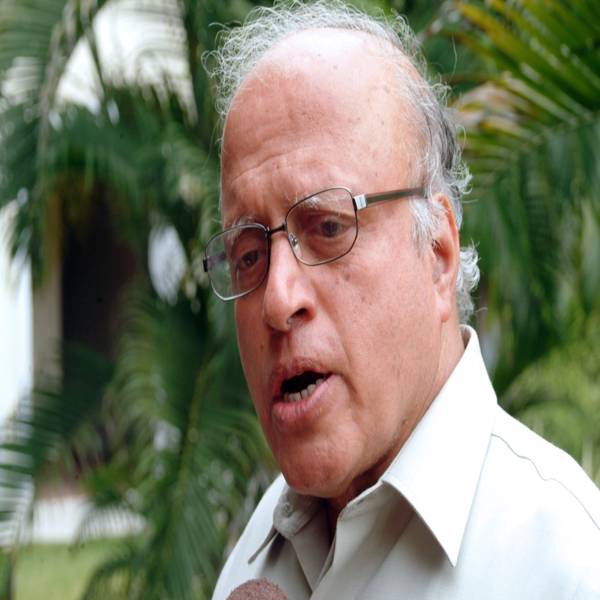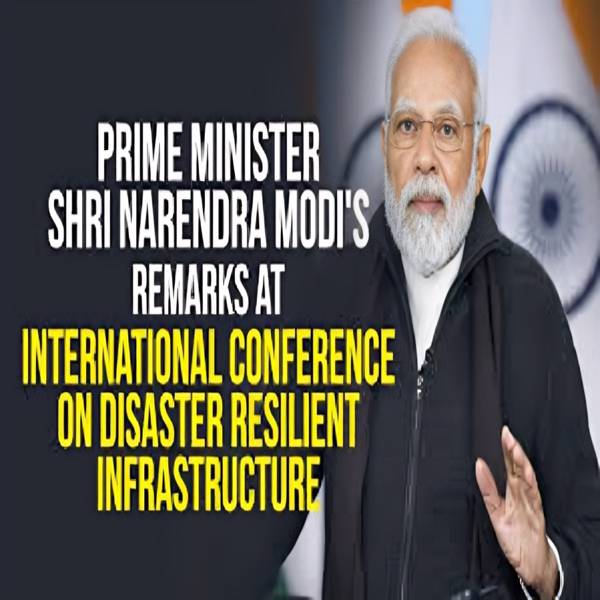M.S. Swaminathan, the renowned agricultural scientist and father of India’s Green Revolution, passed away on Thursday at the age of 98. He played a crucial role in developing high-yielding rice varieties that helped India’s low-income farmers increase their production.
Swaminathan played a key role in developing high-yielding rice varieties that helped low-income Indian farmers increase their production. M.S. Swaminathan has received India’s highest civilian honors, the Padma Shri, Padma Bhushan, and Padma Vibhushan, as well as the H.K. Firodia Award, the Lal Bahadur Shastri National Award, and the Indira Gandhi Prize. He has also received several international awards, including the Ramon Magsaysay Award (1971) and the Albert Einstein World Science Award (1986).
Mankombu Sambasivan Swaminathan, a renowned agricultural scientist and humanitarian, was born on August 7, 1925, in Thanjavur district, Tamil Nadu, India. He played a crucial role in developing high-yielding rice varieties, which helped India’s low-income farmers increase their production.
Mankombu Sambasivan Swaminathan, also known as the “Father of Economic Ecology,” worked closely with agriculture ministers C Subramaniam and Jagjivan Ram in the 1960s and 1970s to help implement the Green Revolution, an initiative that led to a dramatic increase in wheat and rice production through the use of chemical and biological technologies.
Also read : World Tourism Day 2023: Celebrating Recovery and Investing in a Sustainable Future
Swaminathan was awarded the first World Food Prize in 1987 for his pioneering work in developing and introducing high-yielding wheat and rice varieties in India. He then founded the M.S. Swaminathan Research Foundation in Chennai. Swaminathan also received the Ramon Magsaysay Award in 1971 and the Albert Einstein World Science Award in 1986.
M.S. Swaminathan, a renowned Indian agricultural scientist and humanitarian, was also awarded the Padma Shri, Padma Bhushan, and Padma Vibhushan, as well as the H.K. Firodia Award, the Lal Bahadur Shastri National Award, and the Indira Gandhi Prize. In addition to his work in India, Swaminathan was a global leader in agricultural and environmental initiatives, and was named one of the 20 most influential Asians of the 20th century by Time magazine.



